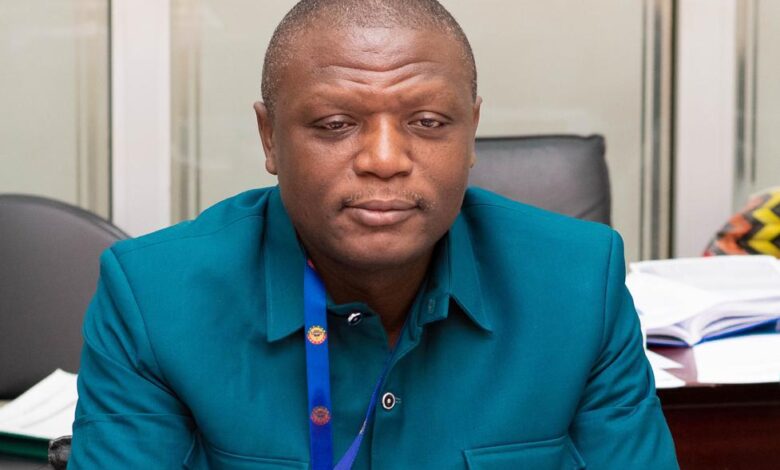
The leadership of the New Patriotic Party (NPP) and the President of Ghana have shown a troubling lack of commitment to combating illegal mining, commonly known as “galamsey.” This issue has resulted in significant economic challenges, including the contamination of water sources, loss of vegetation, and the devastation of agricultural land.
It’s essential for the nation to recognize that water is life; losing it could lead to profound political and economic disasters. Hon. Kofi Adams, the Member of Parliament for Buem, expressed these concerns during the Adekyee Mu Nsem morning show on Ahotor 92.3 FM, hosted by Citizen Kofi Owusu in Accra. He believes the government is merely buying time to protect political appointees and party loyalists who benefit financially from the galamsey operations.
Adams criticized the government’s rollout of policies aimed at addressing illegal mining, asserting that these measures have yielded little to no results. He urged the government to take decisive action against what he termed an environmental terrorist act.
In a scathing assessment, Kofi Adams described the NPP-led administration’s approach to illegal mining as a “grand failure.” He accused the government of demonstrating a disturbing lack of interest in genuinely addressing the crisis. Since taking office in 2017, he contended, the administration’s commitment to tackling illegal mining has been minimal.
He cited several incidents to illustrate the government’s disinterest, remarking, “This government has failed, to the point where the Catholic Church is now holding environmental prayer demonstrations. You have a government that acts like a small boy engaged in galamsey.”
Adams referenced comments made by Osafo-Maafo regarding Aisha Huang’s arrest, suggesting that the lack of prosecution reflected a deeper issue within the government’s priorities. “From the very beginning, the government showed no commitment to fighting galamsey. Videos and audios revealed that the party needed financial support, even if it meant endorsing galamsey.”
He also raised concerns about the late Sir John, claiming that despite warnings from Prof. Frimpong Boateng about Sir John’s role as a threat to the fight against galamsey, the president allowed him to remain in office until his passing.
The greatest casualty of illegal small-scale gold mining in Ghana is the environment. The negative impacts of galamsey include land degradation, destruction of biodiversity, air pollution, and heavy metal contamination of soils and water. While mining has historically contributed to Ghana’s development, it also presents risks for communities living near mineral resources.
How the government, local communities, and mining companies manage these environmental and health impacts will significantly affect the lives of residents. Current analysis focuses on these impacts, blending existing literature with recent findings on the causes, status, trends, and consequences of mining in Ghana. It reviews data on issues such as water pollution, forest degradation, soil nutrient depletion, habitat destruction, and health threats to human populations.
Story by:Alexander Kukah




